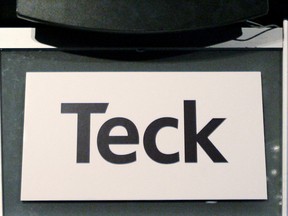Marine Emissions Standards Drive Transition Toward Sustainable Practices in Great Lakes Regions
The Great Lakes’ Economic Power and the Challenge of IMO Standards
The Great Lakes region is a vital hub for commerce, generating an estimated $60 billion in economic activity while employing 338,000 workers. This sector’s sustainability is under scrutiny as new environmental regulations from the International Maritime Organization (IMO) are introduced, particularly affecting specialized vessels known as "lakers."
While IMO standards focus on long-distance shipping, they may inadvertently disadvantage local industries reliant on smaller, fuel-intensive vessels. These lakers operate in unique conditions, facing challenges such as limited routes and significant maneuvering costs, which impede their ability to achieve the efficiency gains possible with larger ships.
The Chamber of Marine Commerce emphasizes that individual nations can tailor trade rules without IMO regulations, advocating for a green transportation corridor in the Great Lakes-St. Lawrence region. This initiative seeks to reduce emissions to net-zero by 2050 through measures like energy-efficient ships and alternative fuels, aiming to support local industries while addressing environmental goals.
Despite these efforts, challenges persist, with companies using AI to optimize routes and speeds for efficiency. However, due to operational constraints, such solutions may not fully benefit lakers. The sector’s economic significance underscores the need for sustainable practices that respect local job opportunities while advancing environmental sustainability.




